Growing up,* I have seen women who have been with violent men; seen women who have survived men’s awful hands and/or strict tongues; women who were sometimes violent to men who were also violent to them; women who have left men; women who became mothers, household heads, caretakers and fighters.
These women left for their survival and happiness, but the decision was not easy. They knew to leave the men they were with would mean extreme changes to their financial, mental and emotional capacities. They, however, still made the decision to leave because the thought of remaining felt like the ultimate restriction. Their struggles are marked today in their devoted love of themselves and of the youth in their lives. These youth in turn formed our definitions of strength, power, helplessness, awe, survival and pain through these women’s bodies, hearts and souls.
I have, however, also witnessed the tense, bitter yet passionate way they remember these men. Because even with all the trauma, they still have quasi-friendships, quasi-long-term-economic-companionships with these men. Perhaps this reality stems from a working class background, where limited funds necessitate linking resources. Or maybe it erupts from latinidad, where in my experience family (both of blood and chosen fam) cannot be easily abandoned. Or maybe it’s a first/second-generation thing, where community networks extend only so far, so you really do depend on the few people you know. Or maybe it’s set simply within their huge, individual capacities to love, forgive and compartmentalize.
In the end, it does not matter. I cannot, and do not hope to, psychoanalyze the women in my life, in part because it’s all these factors at once, but mainly because to do so limits their working form of restorative justice. Many times, the court system was involved only to settle custody and police were called only at the most dire of situations (even then, not often). Through their example, court and police were normalized for me as unnecessary, timely, expensive, dangerous and cumbersome systems. The women usually regretted involving the court, due to the difficulty of getting out of work for a court date. In the face of the court, these women’s material realities forced them to find an ugly balance in their life. They weighted their desire for retribution against these men and the needs of their immediate and longterm survival. They chose to emphasize the latter. So although it’s not their fault that the system failed them, I still learned from the experiences. When I tried to report my abuse and the lawyers tried to hush me up, I took the time to collect myself and ask if I really wanted the long term effects of incarceration on my abuser. The answer — because I loved (and still love) him, because I needed (and still need) him — was no. I choose to understand my decision as an active agent serving for my politic of love. I considered my various options within my very situated context. I engaged the women in my life as mentors. My abuser sought to change himself (and he did), and I ultimately found love in a way that did not undermind my experiences.
The “justice” system sanctioned by the court fails. We came to our own alternatives. For me, restorative justice means a justice that understands that the victim/survivor(s), the accused and the community all have a stake in the conflict and in the healing process. Resolution comes only when there is a possibility for both support and rehabilitation for everyone involved. I fear any situation when someone is left in isolation, whether as a victim of violence (as I have been) or the perpetrator of violence. Restorative justice is not always the answer, restoration does not always work, but it is an option that we as a campus need to consider more.
The burden on survivors (especially those of intimate forms of violence) must not be understated, however. We are made vulnerable again when engaging with our abusers. The process is scary, revealing, necessary (when within the context of survival), moving and painfully intersectional. Our relative freedoms come at the cost of knowing we have been placed into impossible bargains and exchanges in the past, present and future. For culture, for capital, for finances, for outside pressures, for love, I engaged with restorative justice. But if my last few articles can give you any insight, just because I take this approach does not mean it is easy, I am healed completely, or that restorative justice made everything go away. What it does offer me, however, is a way to subvert large, violent, oppressive institutions of power. It has given me opportunities to love and appreciate myself and stand strong. It has given the man in my life ways to grow humble, largely draw back from his dependence on violence to express distress and support me (financially and emotionally). And it is what our community needed without being wrecked by the prison-industrial complex.
While all restorative justice in general is extremely difficult, I acknowledge all my working examples are located within “home” communities and not at Macalester. Restorative justice on a college campus admittedly feels next to impossible. I have incorporated restorative justice in my interactions (big and small) with orgs, my friends and people who annoy/offend me. It has been painful to do but I have largely left these interactions feeling fulfilled. But the violence experienced has not been nearly as severe as what I experienced before I got here.
Many undefined barriers stall the feasibility of establishing restorative justice at Macalester. It’s just something about the transitory nature of our campus community… something about the obscurity implied at times by the administration… something about how the Mac bubble’s privilege inspires false confidence that since we pay enough we are protected from violence… something about how the violent people here so often do not care about the harm and communities they leave in their wake (unlike the men in my life who were invested)… something about the constant educational demands made on survivors to perform… something isolating… something about every damning facet of what makes Macalester tick as an institution… Just… something.
Something awful and overwhelming presses against our campus and leaves it so that even after four years to learn how, I still do not really know how to actualize it beyond just how I interact with the world. I believe my restorative contribution has been speaking to a politic of love over the last few years. But what might be restorative for me, what might be restorative for one instance, might not work for someone else at all times. And my activism does not support everyone equally. (Because while frustrated with the treatment of survivors of violence on campus, I also acknowledge I have not contributed to the actual processes necessary to make administrative change.)
But as I have said many times this semester, I hope that my struggles serve less as a definitive answer to a problem, and more the start of a dialogue I rarely see on campus. It might be kind of irresponsible of me as a senior to throw my hope for more restorative justice into the void that is my readership, but I do so earnestly and passionately. But judging by the recent surveys and panels about sexual assault, I sincerely believe there is already movement toward positive change that (unfortunately) I will not be able to experience firsthand as a student.
My stumbling here should read for what it is, then: a call forward to a utopian vision of justice that I cannot yet envision but that I feel the rumbling of underneath the foot I do not yet have out the door.
*Please note that I refer to the people in my life as “the women,” “the men” and “youth” to not give away exactly how they relate to me for confidentiality, while still signifying age discrepancies. My vagueness should also highlight the tragedy that there have been so many women survivors that there could be so many different relationships to me. Misogyny underwrites so much of partner violence I have witnessed. And yes, I understand intimate violence can happen across any combination of gender, sex, age and relation. (I myself have also witnessed/experienced violence against men and nonbinary people, and violence outside of sexual-romantic relationships.) But, I choose to focus on those between women and their violent partnered men because their interactions most inspired my framing of restorative justice.

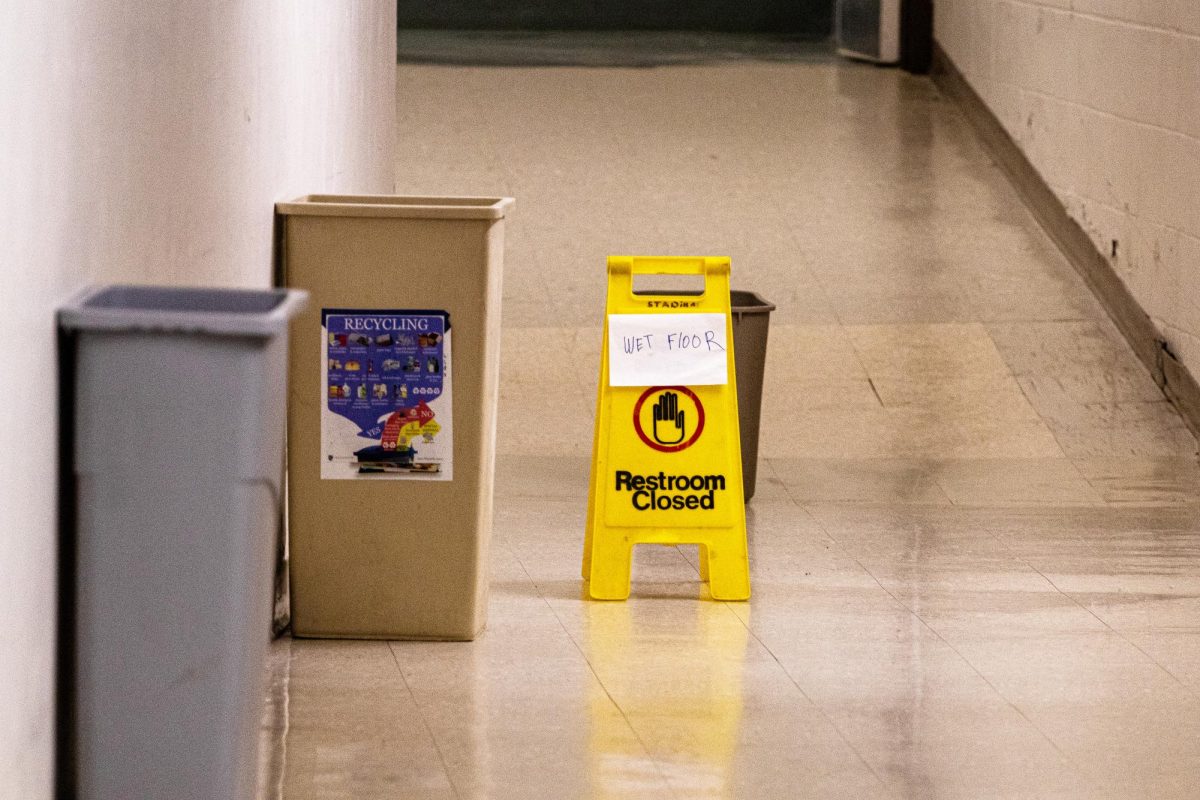
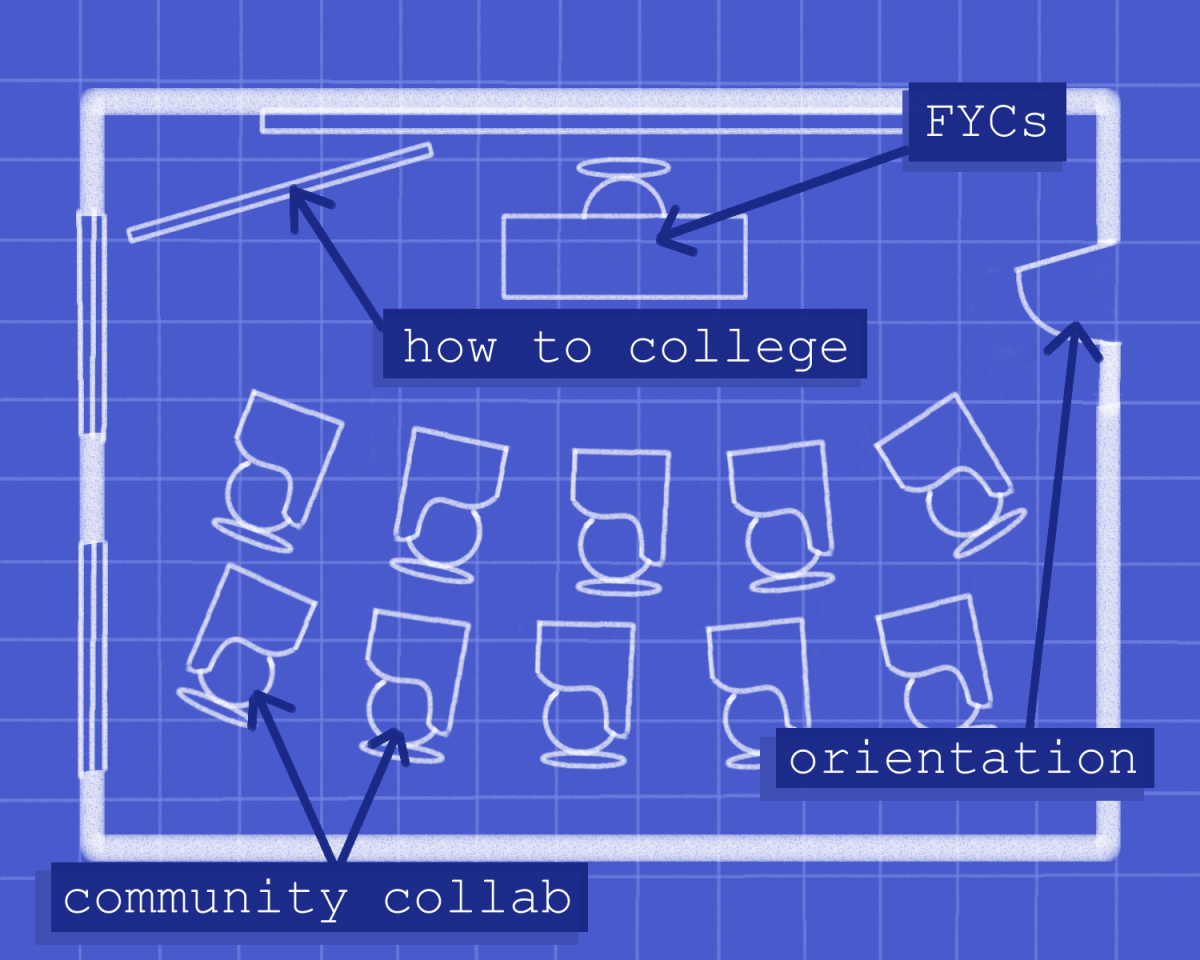
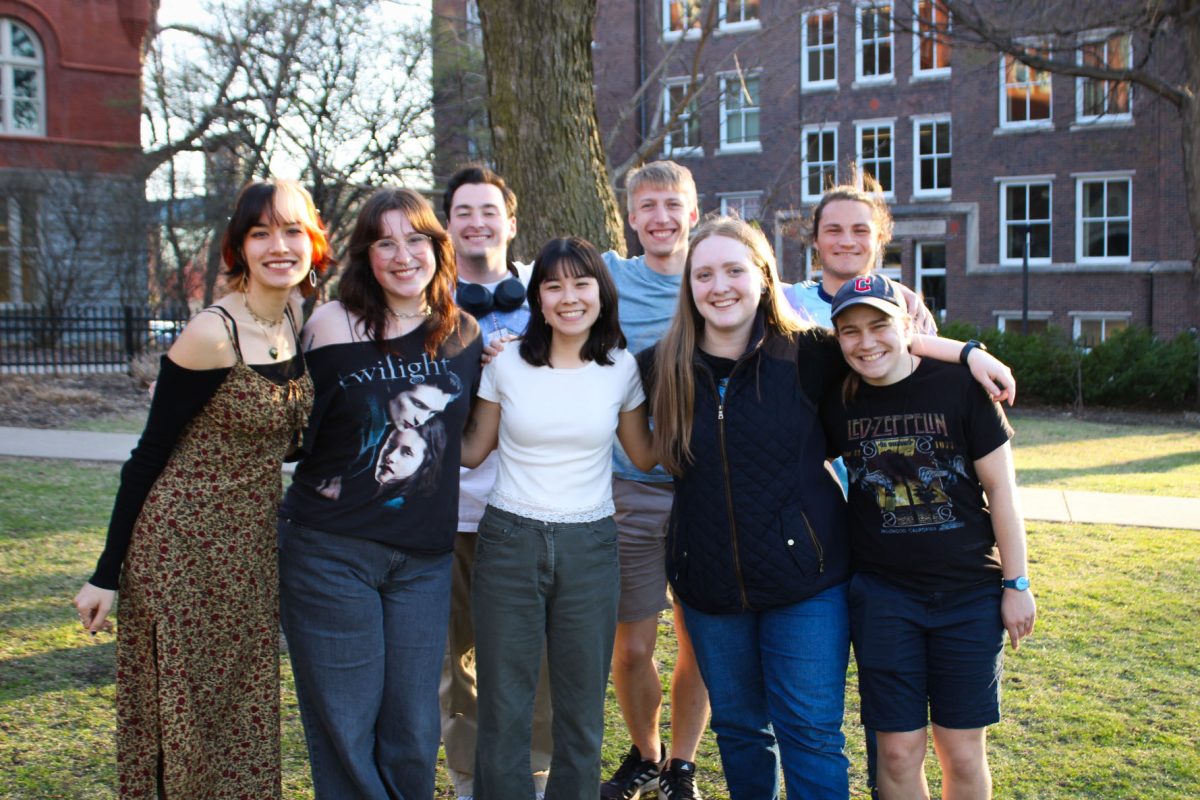
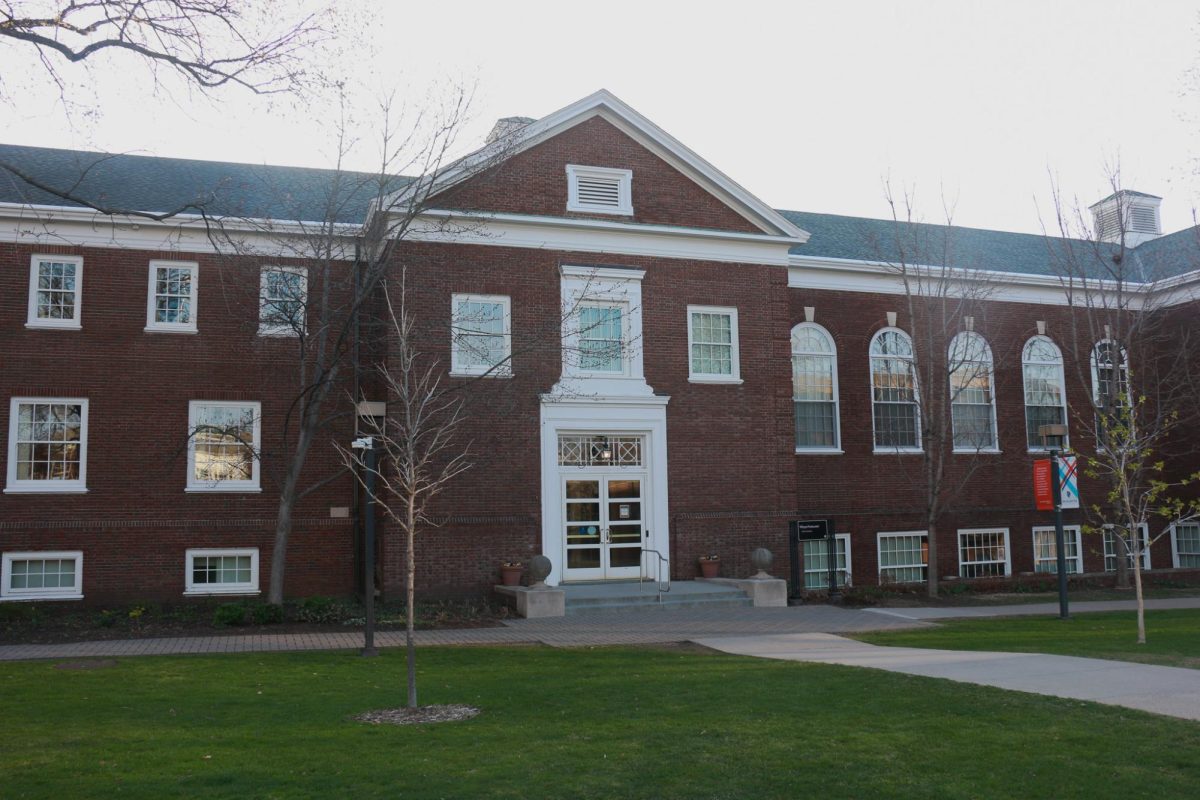

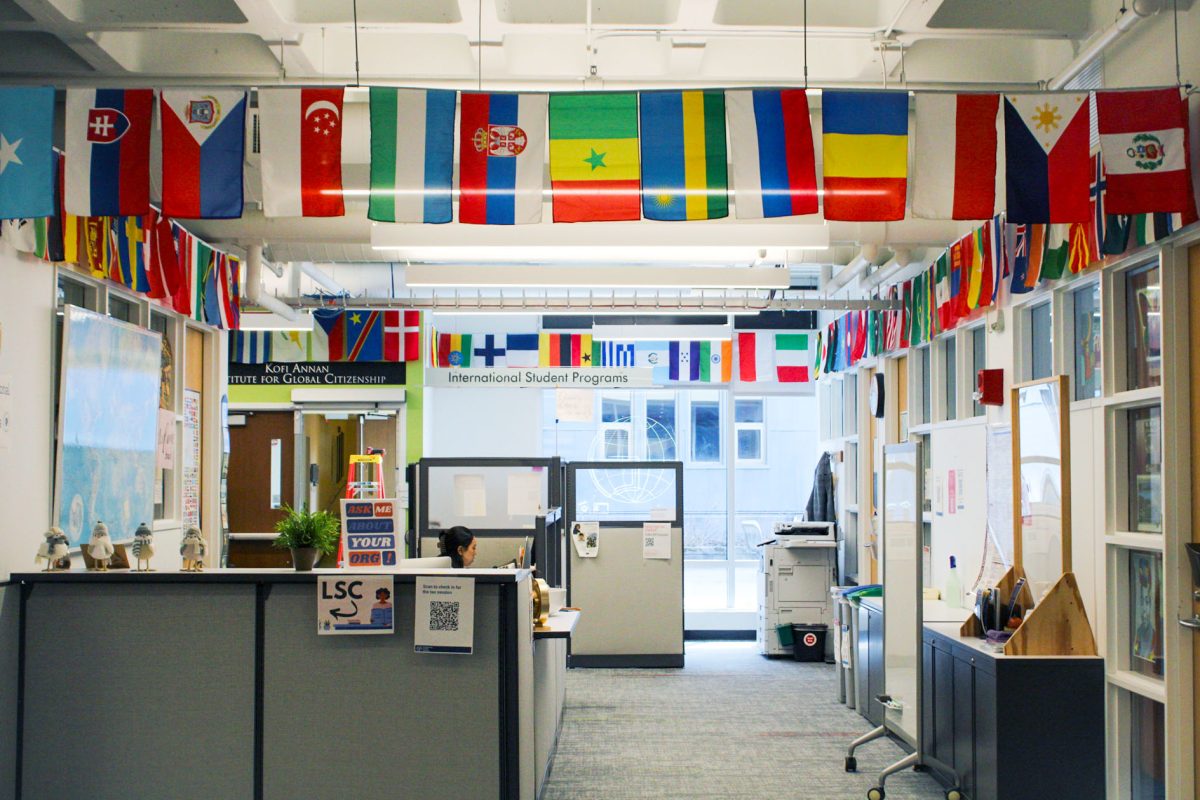
Jan Parsons • Sep 11, 2019 at 12:58 pm
In accordance with my study, after a foreclosed home is sold at a sale, it is common to the borrower in order to still have any remaining balance on the mortgage loan. There are many loan providers who seek to have all charges and liens paid by the subsequent buyer. Nevertheless, depending on a number of programs, restrictions, and state regulations there may be a number of loans that are not easily fixed through the transfer of personal loans. Therefore, the obligation still remains on the customer that has obtained his or her property in foreclosure process. Many thanks for sharing your notions on this web site.
Sophie Metcalfe • Sep 10, 2019 at 7:23 am
After research a couple of of the blog posts in your website now, and I really like your approach of blogging. I bookmarked it to my bookmark web site record and will probably be checking back soon. Pls try my web page as properly and let me know what you think.
Cameron Morgan • Sep 6, 2019 at 7:04 am
Hi there! Do you know if they make any plugins to safeguard against hackers? I’m kinda paranoid about losing everything I’ve worked hard on. Any tips?